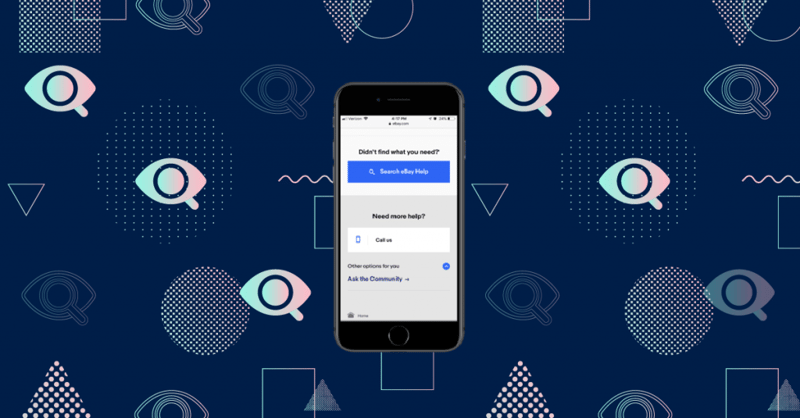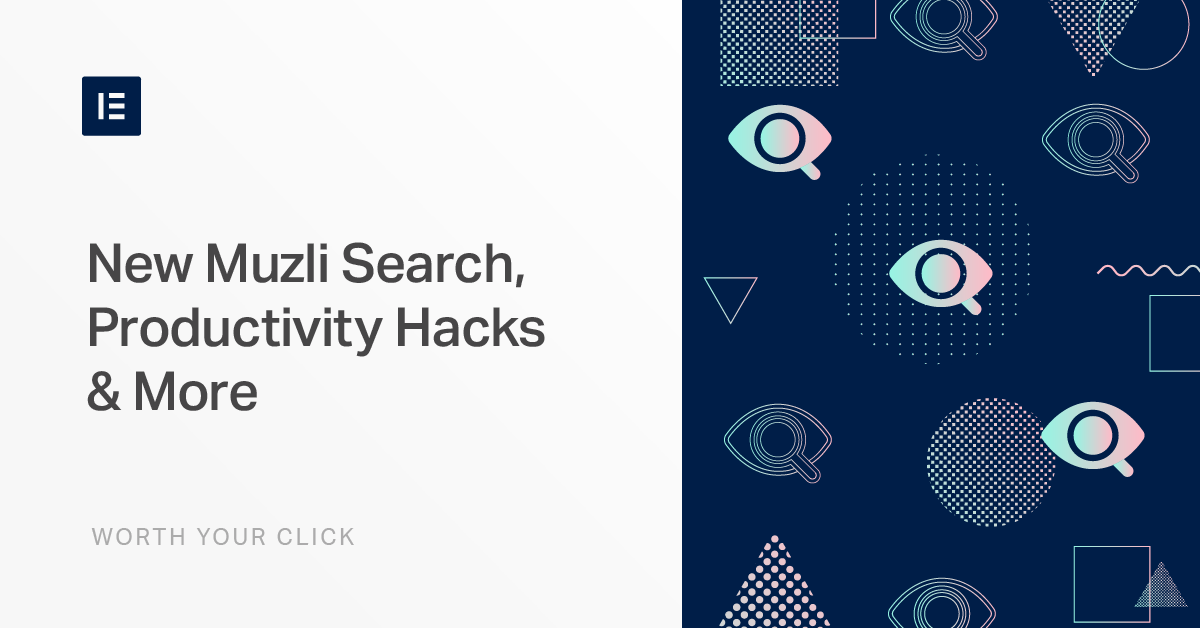Table of Contents
For our first roundup, we have a range of topics for you, covering an important Google update, productivity hacks from a winning content team, a new design-oriented search tool, and several other surprises. Let’s get started.
1. Google makes Mobile-First Indexing default
Why click: After reading this, you’ll make sure the next site you build is mobile-friendly.
Tag: #SEO
Time: 3 min
Google is leading yet another effort to promote Mobile First Indexing. This term refers to Google indexing the mobile version of the site for its search results. Starting from July 1, 2019, Google announced that mobile-first indexing will be enabled by default for all new websites. This is a great opportunity to spruce up your mobile editing techniques.
2. Productivity hacks from the Wired team
Why click: Get productivity tips from one of the best content teams in the world.
Tag: #Writing
Time: 3 min
Every content marketer needs inspiration, and the Wired team provides just that. This is why I was so stoked to read their list of productivity tips and tricks. What kind of tips will you find? A better way to sort your Chrome tabs, a recommendation to put your phone on ‘Do not disturb’ and use timers, a reminder to use Slacks reminders and many more innovative and actionable ideas.
3. Muzli Search just launched
Why click: It’s a great new way to search and research design-related visual content.
Tag: #Design
Time: 2 min
Muzli, Invision’s design inspiration Chrome app, released Muzli Search, a new search engine for design inspiration. Muzli Search was launched on Product Hunt and won number one product of the day. I’ve been using Muzli’s extension for years, and really admire their daily design curation. I tried the new search function and thought it offered great value. This is certainly something I’ll use the next time I need to do research for a design article.
4. Google searches VS media coverage VS actual numbers
Why click: I’m always intrigued by the difference between how people search Google, how the media covers it, and how it reflects in actual facts.
Tag: #Marketing
Time: 5 min
Here is a somewhat strange yet captivating article, that looked at the statistics of how people search on Google for death related causes, as well as statistics of how the media covers those same death rates. They compared the two to actual death rates, and the results are insightful: As seen in the chart placed in the article, heart disease is hugely lacking by media and Google searches, and terrorism is over-emphasized, especially by the media. In general, human searches are much more reflective of the actual death causes than the media, which teaches us a lot about media biases.
5. Should chatbots replace forms on mobile?

Why click: Most of our users rely on forms, should we all replace them with chatbots?
Tag: #Marketing, #UX
Time: 11 min
There’s a growing trend calling to replace forms with chatbots. Companies like Drift and Intercom are leading this movement, but before you pack up your contact form, take a look at this article. Suzanne Scacca offers a comprehensive and unbiased view on the subject, carefully examining the pros and cons of forms vs. chatbots, including examples from her own experience.
6. Tips to help you create beautiful visual content
Why click: Canva’s list of rules can help you make sure you follow basic design rules on your next website project
Tag: #Design
Time: 11 min
I stumbled upon this article by Canva, covering 12 basic design checkups you need to make sure you follow. Canva, in general, is an excellent resource when it comes to bite-size educational design content, and this one is no different. Some of the points are obvious, but most are great rules of thumb that even the most experienced web designers should be reminded of from time to time.
Bonus link: podcast recommendation
I’m a huge podcast fan (and podcast host as well), and one of my favorite podcasts of all time is without a doubt 99% Invisible. It’s one of the leading design-related podcasts, and turns design and architecture stories into captivating episodes. Have a listen to its latest episode, which describes how a large-scale housing project in Mexico City created major problems for the inhabitants, and how the surrounding volcanic rock offers a possible solution.
Looking for fresh content?
By entering your email, you agree to receive Elementor emails, including marketing emails,
and agree to our Terms & Conditions and Privacy Policy.







